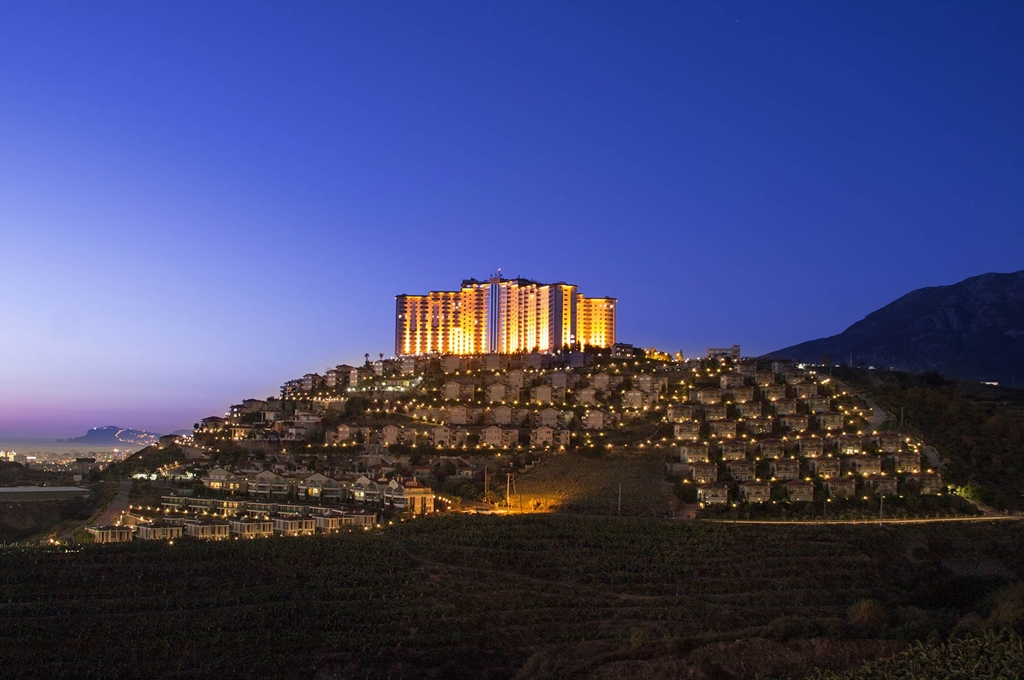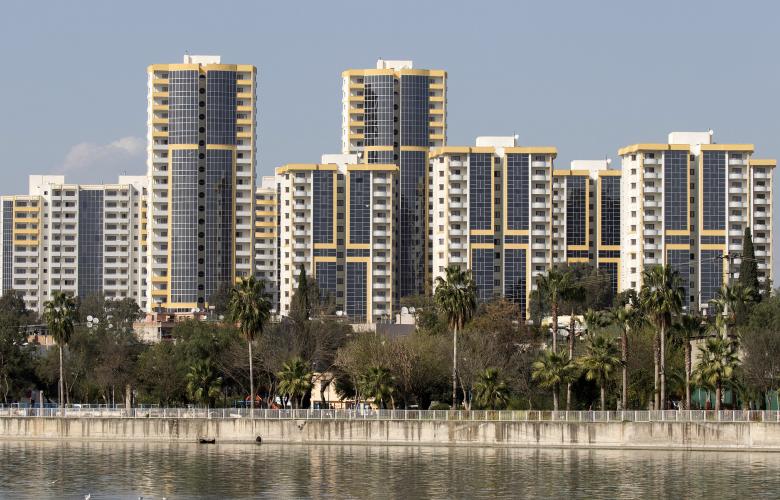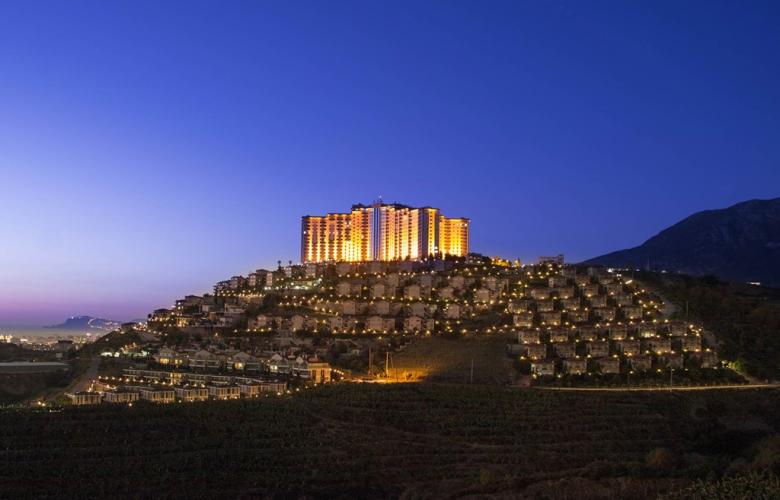It is estimated that Turkey's urbanized population, about 60,000,000, will grow to 71,000,000 by 2023, putting a pressure on low income groups for housing and infrastructure. According to the data of The Association of Real Estate and Real Estate Investment Companies (GYODER), 78% of Turkish residents live in urban areas. Turkish Statistical Institute (TurkStat) data shows there are approximately 20 million houses, and 40 percent of these buildings are in a run down state, and 67 percent lack a settlement permit. In the next 20 years, 6,700,000 housing units will be demolished and reconstructed throughout the country, with 60% of the buildings over 20 years of age not constructed according to earthquake standards. And with 60% of buildings in Istanbul unlicensed and on shanty settlements, approximately 27% of them should be urgently demolished. The need for further housing in Turkey increases with GYODER’s ‘Report for Real Estate Sector in 2023 Vision’ which recommends producing 7,560,000 houses between 2012-2023 and for TOKİ to meet 5% -10% of these.
The Housing Development Administration (TOKİ) (Toplu Konut İdaresi Başkanlığı) was developed to solve the housing problem in Turkey under The Mass Housing Law. TOKİ targets low and middle-income families who are not able to own a housing unit. Between 1984 and 2002, a total of 43,145 houses were produced and credit support was provided for 940,000 houses.
Beneficiaries of the social housing projects of TOKİ make their down payments on the start of the constructions after the tender and continue monthly payments according to a single-indexed reimbursement plan. Low-income households are defined by a net monthly income of a maximum of 3.200 TL, with İstanbul’s limit set at 3.700TL.
Demand for TOKİ properties far exceeds supply. Every citizen who does not own a house has the right to apply for social housing, with workers and civil servants benefitting the most. Houses are sold to applicants through a lottery, supervised by a public notary. The property right is owned by TOKİ until the debt is paid. Repayments are guaranteed as TOKİ is a ‘guarantor’ for the repayments. As title deeds are not issued until full payment of the debt is received, defaults on payment of instalments is minimised.
According to Numbeo, 1 bedroom units rent for an average of 748.14 TL outside of city centre, and 1,284.74 TL in the city centres, and to buy, cost 2,711.36 TL per square metre ouside city centres and 5,340.83 per square metre in city centres.
Spot Blue International Property is offering a one-bedroom, 67 sq metre freehold, fully-furnished apartment with sea and ocean views in Alanya in the Gold City complex for £45,728.

Spot Blue is offering a one bedroom apartment in the Gold City complex for £45,728. Source: Spot Blue
Non-profit sales prices of the units are set by TOKİ, taking into consideration the cost of construction, social facilities, infrastructure, consultancy services and land. TOKİ helps to transform slums, areas with a high risk of natural disasters (earthquake, flood, landslide) and historical urban areas while trying to prevent formation of new slum areas. TOKİ’s affordable housing includes producing all the social facilities and infrastructure within the projects including roads, water lines, and landscaping. TOKİ is also in charge of constructing health, education facilities in the areas where needed, care centres for homeless children, military lodgings, police stations and public buildings.
Renewal projects also provide major recreation areas (like, Trabzon-Zağnos Valley), city parks (like, İzmir-Kadifekale), city quarters, trade centres for the city. Major urban transformation projects have been implemented in other cities and districts, particularly in cities with intense population such as Ankara, Istanbul, İzmir, Bursa, Denizli, Erzurum, Erzincan, Gaziantep, Trabzon.
See also:
Buying a property in Turkey
Turkish Riviera villa built with eco-friendly materials celebrates the outstanding attributes of Antalaya
Turkish sunset over the Bay of Gundogan on the Bodrum Peninsula






